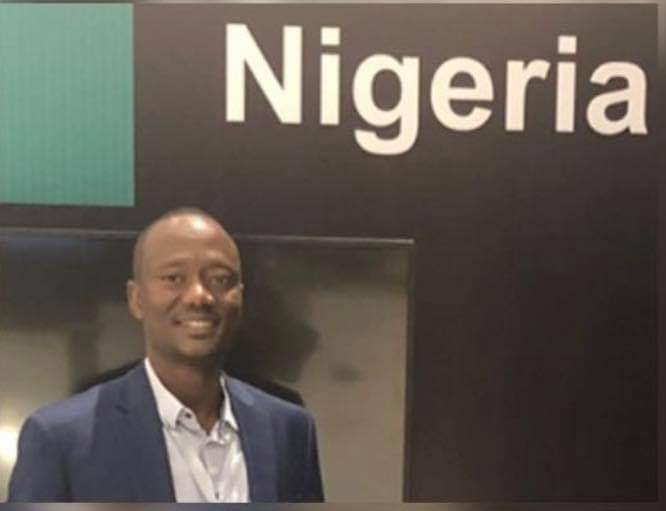Time for Reciprocity: A Reassessment of Nigeria’s Unreciprocated Diplomacy, By Hurso Adam
Nigeria has always been a formidable player in international relations, not only within Africa but also on the global stage. This reputation is a direct result of its unyielding commitment to diplomatic engagements, substantial contributions to peacekeeping efforts, and its unwavering fight for justice and equality for all mankind. This resolute foreign policy forms a cornerstone of Nigeria’s external relations, as demonstrated by its relentless support for countries combating oppressive apartheid and minority regimes, such as South Africa, Zimbabwe, and Mozambique.
Nigeria’s interventions, however, extend beyond addressing racial segregation and inequality. The nation has been a beacon of peace, consistently extending a helping hand to the most conflict-ridden areas in Africa. Its pivotal role in the Zaire peace mission (now the Democratic Republic of Congo) and tireless efforts to restore order in Sierra Leone, Liberia, (Darfur region of western Sudan and Somalia through UN-AU hybrid) and other volatile regions, attest to Nigeria’s firm commitment to peace and stability.
In the contemporary political landscape, Nigeria persists in championing democracy and good governance, striving tirelessly to stabilize these tenets within the West African region. Regrettably, the reciprocity of these diplomatic and peacekeeping efforts from other nations often falls short of expectations.
Read Also:
Despite Nigeria’s unwavering commitment to the Pan-African vision and global peace, it frequently finds itself in a solitary struggle. The country generously offers visas and grants citizenship through naturalisation to individuals from nations that have exhibited contentious relations in the past. This gesture is rarely reciprocated. This discrepancy is palpable in Nigeria’s relationship with many countries like India and China. Nigeria promptly issues visas and naturalisation certificates, but these countries do not always offer long-term business visas to Nigerians, even those deemed low-risk immigrants. Moreover, some countries categorically deny visas to Nigerian passport holders, while Nigeria continues to issue visas to their citizens. This evident imbalance raises questions about the potential exploitation of Nigeria’s diplomatic goodwill on the global stage. This is not acceptable in this time and era!
Given this context, it is high time for Nigeria to recalibrate its approach to foreign policy. Prioritising domestic order does not imply retracting support for the global vision or compromising commitments to peacekeeping, democracy, and good governance. Instead, Nigeria must strive to harmonise its Pan-African and global peace commitments with its national interests, ensuring reciprocity and mutual respect in its diplomatic relations, irrespective of the strength or weakness of the counterpart nation. As Nigeria’s President Bola Ahmed Tinubu stated in his inaugural speech on 29 May 2023, “We are too great a nation and too grounded as a people to rob ourselves of our finest destiny.”
This proposed shift is not a call for hostility or isolation. It is a demand for ensuring Nigeria’s goodwill and commitment do not go unnoticed or unreciprocated. Visa policies and naturalisation procedures warrant a reassessment and, if necessary, a revision to primarily serve Nigeria’s best interests. The Ministry of Interior and Immigration Office must adhere to international best practices in their operations. It’s crucial to remember that every nation grapples with the duality of commendable and condemnable citizens, and Nigeria is no exception. There is not yet a perfect nation on earth. If Nigerian offends other citizens too offends. Implementing such policy changes demands utmost care and caution, considering the potential implications for international relations, economic partnerships, and Nigeria’s global standing. The chief objective is to safeguard and promote Nigeria’s national interests while preserving its historical commitment to peace and stability worldwide. Nigeria was never a aggressive nation.
In conclusion, Nigeria’s diplomatic history showcases its dedication to unity, peace, and progress. However, the time has come to reassess and recalibrate our foreign policies. Nigeria’s continual show of commitment and goodwill must no longer be a one-way street, but rather a dual carriageway, marked by mutual respect, reciprocity, and shared progress.
Hurso Adam, Ph.D wrote this from Abuja
















